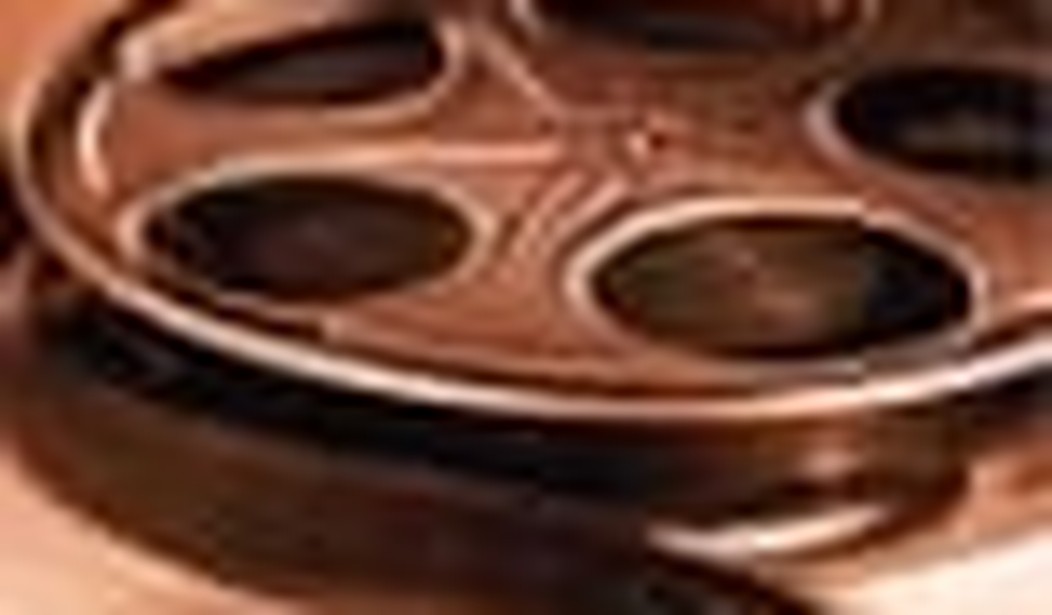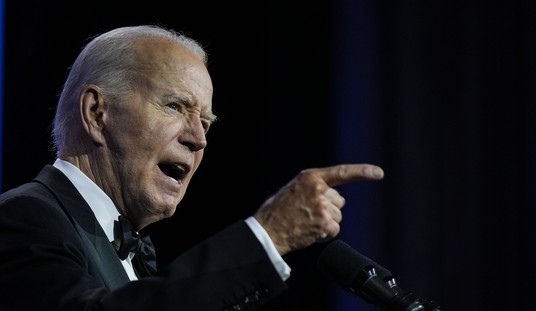Some film critics couldn’t wait to declare the dawn of the Age of Obama even before the new president got to know the Oval Office. Too bad audiences had something else in mind.
The new action film Taken, which seems stripped right out of the Reagan era, is the surprise smash of the new year. It’s already hauled in $95 million in four weeks, and last weekend it pushed its way back up to the number two position on the list of top 10 grossing films. Not bad for a film built around an older actor, Liam Neeson, who’s never been confused for box office catnip.
And let’s not forget Gran Torino, Clint Eastwood’s old-school drama about a Korean War veteran who sets aside his racist views to defend a group of immigrants on his block. The film showcases the kind of rugged individualism and refusal to bend to popular will that would have made President Reagan — or President George W. Bush, for that matter — proud. Gran Torino stands as the biggest box office smash of Eastwood’s illustrious career, even if some critics cringed over the movie’s politically incorrect hero.
But let’s get back to the so-called cinematic Age of Obama. That’s what Entertainment Weekly critic Owen Gleiberman declared in his loving tribute to the Oscar-nominated Rachel Getting Married. Gleiberman writes: “The fact that it’s an interracial marriage, and that no one makes even a tiny deal of it, is part of the texture: This may be the first Age of Obama movie, a spectacle of ‘difference’ melted away by the rich, teeming jumble of a family trying to make peace with itself.”
Needless to say, Rachel Getting Married’s box office bounty currently stands at $12 million.
Not to be outdone, the British newspaper, the Guardian, chimed in with this report on the Oscar-winning film Slumdog Millionaire: “But the influence of Slumdog Millionaire could be felt well beyond this year’s Oscar ceremony. Indeed, I wonder whether, in coming years, we shall not regard it as the first emblematic film of the Barack Obama era.”
Slumdog Millionaire‘s box office bounty — after a whirlwind of Oscar buzz, film festival accolades, critical raves, and countless media articles — stands at $98 million so far. Imagine what Taken might haul in with that kind of support system.
Taken stars Neeson as former government operator whose job was to prevent bad things from happening. Now retired, Neeson focuses his energy on his estranged daughter who travels to France and almost immediately gets kidnapped by Albanian thugs. Neeson pummels, shoots, and does a whole lot worse to anyone who gets in his way. He makes no apologies for his actions. He just gets results. And audiences are cheering him every step of the way, even though the film’s connection to reality becomes gossamer thin at times.
Sylvester Stallone or Steven Seagal might have played Taken’s hero had the film been made in the ‘80s. And it’s the kind of all action, little talk heroism that stands in sharp contrast to President Barack Obama and his “smart” diplomacy talk.
New York magazine film critic David Edelstein chafed at Taken because it “panders to macho American wet dreams that feel distinctly antiquated in the new age of American non-exceptionalism.” Moviegoers may not be ready for that new age, apparently.
And don’t think film critics and Hollywood in general didn’t take Eastwood to the woodshed for making the kind of populist film that connects with flyover country. McClatchy Newspapers’ Christopher Kelly couldn’t contain his anger toward Eastwood’s latest effort, stating: “Obnoxious and idiotic in equal measure, Gran Torino normally wouldn’t be a worth a second thought. But it arrives in theaters seven weeks after President-elect Barack Obama instantly rewrote the narrative of race relations in the United States.”
Guess Kelly missed Rev. Al Sharpton’s latest attempt to bring back the Age before Obama with the New York Post editorial melee.
Oscar voters, who normally swoon for anything Eastwood does (see the wretched Changeling for exhibit A), ignored Gran Torino during the recently wrapped Oscar season. Hmmm, it’s hard to imagine why. Still, not every film writer clamped down on Gran Torino. A few, like Los Angeles Times movie blogger Patrick Goldstein, saw what Eastwood was trying to portray via his flawed but noble character, and compared him with great western heroes of yore: “They were reluctant heroes who, by willing to risk their lives for a greater good, found redemption. It’s a quality you don’t find in many movies today, but it’s all there for the taking in Gran Torino.” Clearly, audiences are responding to that, even if stuffy critics can’t see the Eastwood character’s heroism through the web of his bigoted rants.
Normally, Hollywood goes into copycat mode whenever a film hits it big. Right now, some frazzled screenwriter is scribbling down outlines for movies based on Paul Blart: Mall Cop. But in the case of Taken and Gran Torino, audiences shouldn’t expect either film to be emulated. Hollywood, and supplicant film critics, will keep on ignoring the facts on the ground while clinging to its Age of Obama rhetoric.









Join the conversation as a VIP Member